While its products are no longer available in the U.S., Daihatsu is an important part of the Toyota brand empire, with sizable markets in Japan and other parts of the world. But the minicar maker has halted Japanese production after it acknowledged that it has cheated on safety tests for the last 30 years. And that’s just the latest problem for Daihatsu, reports Headlight.News.
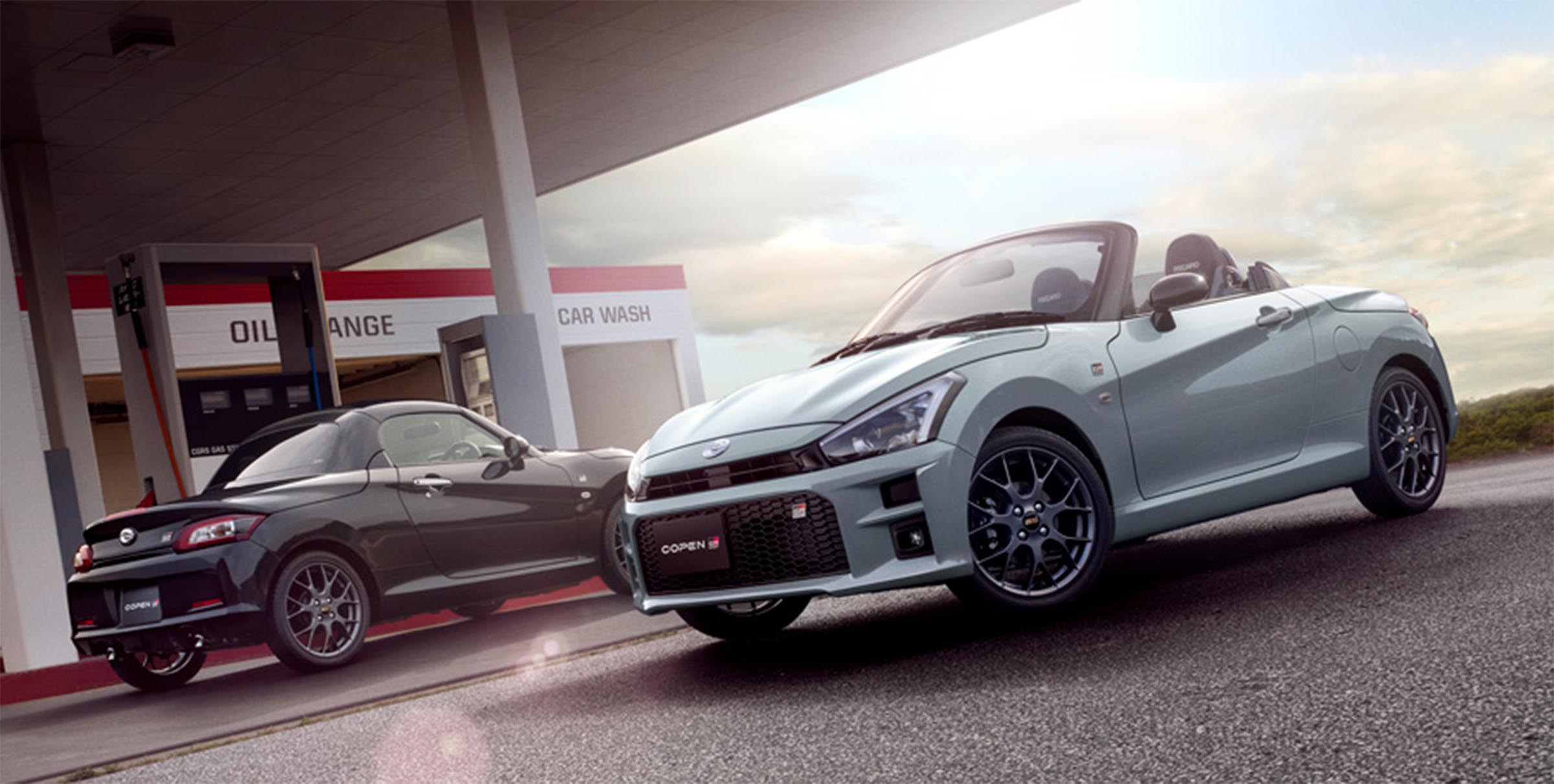
Some of the Daihatsu products impacted by the scandal were also badged Toyota, like this Copen mini-convertible.
In one of the biggest scandals enveloping the Toyota empire in years, the Japanese giant’s Daihatsu subsidiary has been forced to halt production until at least the end of January at four plants in its home market after acknowledging it has tampered with safety tests covering as many as 64 different models. As many as 9,000 workers will be impacted.
Daihatsu focuses on the smallest end of the market with “Kei” microcars like the three-door Mira, and pint-sized trucks like the Hijet pickup. Most are sold under the Daihatsu name, but others have been rebadged as Toyota.
Internal documents show that Daihatsu has been falsifying safety test results since as far back as 1989, something that “has shaken the very foundations of the company,” Toyota said in a statement.
The latest in a series of scandals
Automakers around the world have been caught cheating on test results over the last decade, Volkswagen eventually forced to shell out billions of dollars after lying about diesel emissions. But the scandal now embroiling Daihatsu is just the latest in a series of `embarrassing revelations about its handling of safety issues.
In April, the minicar brand acknowledged it cheated on crash tests involving 88,000 vehicles sold in various parts of Southeast Asia, mostly under Toyota badges. Daihatsu confirmed it had made “improper” modifications to hide the fact it wasn’t complying with some side-impact crash tests.
Barely a month later, the company confirmed it had provided false data covering crash tests for two hybrid vehicles, as well.
Outside probe
An outside investigation was launched as a result and last week confirmed it discovered at least 174 instances, involving 64 individual models, in which Daihatsu has manipulated data, falsified statements or improperly modified vehicles to cover up the fact that its vehicles could pass safety regulations, CNN is reporting.
The independent committee found that Daihatsu falsified test results as far back as 1989, but has increased the number of such instances since 2014.
“Daihatsu deeply apologize(s) to our customers and other stakeholders for causing great inconvenience and concern with regards to the procedural irregularities in certification application,” the automaker said in a statement issued after the latest revelations came to light.
For his part, CEO Soichiro Okudaira told Britain’s The Guardian that his company “betrayed the trust of our customers,” and promised to “make company-wide efforts to regain the trust of our stakeholders.”
More auto safety news
- Chevy orders dealers to stop-sale of new Blazer EV due to a series of problems
- Honda, Acura recall 4.5 mil vehicles that could stall in traffic
- Porsche, Audi recall 130,000 vehicles due to fire risk
Major problems for Toyota
The Daihatsu scandal creates some profound headaches for its parent and comes at a time when Toyota is facing the recall of 1 million vehicles in the U.S. because of faulty airbags that may not deploy in a crash.
It doesn’t help that a number of the Daihatsu vehicles impacted by the safety scandal have been sold under the Toyota brand name.
For its part, the Japanese giant said “fundamental reform” is needed at its subsidiary. Founded in 1951 — though its roots go back as far as 1907 — Toyota has been a longtime Daihatsu investor and fully acquired the smaller company in 2016. In recent years, the minicar maker has accounted for about 4% of its parent’s global sales.

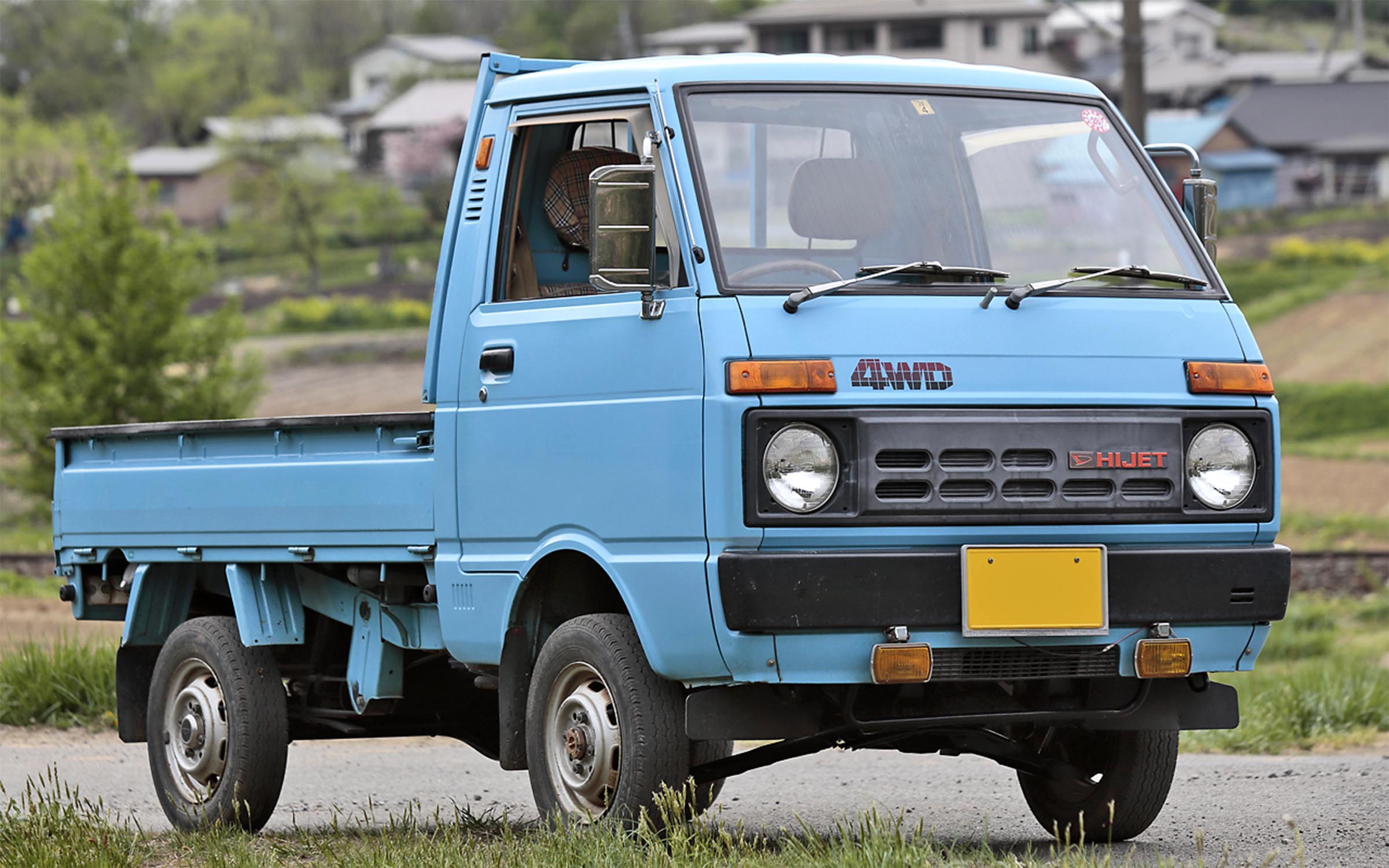
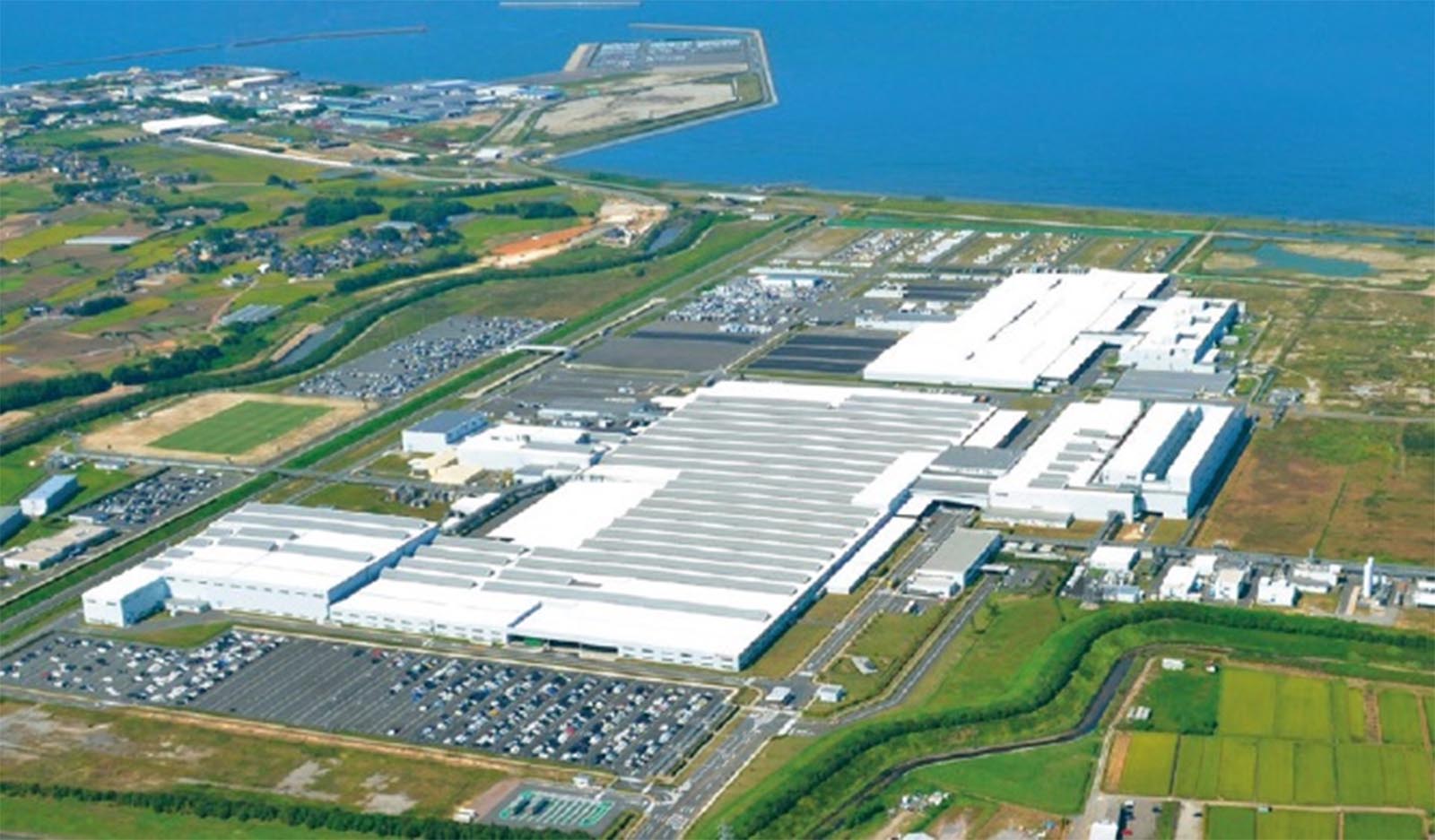
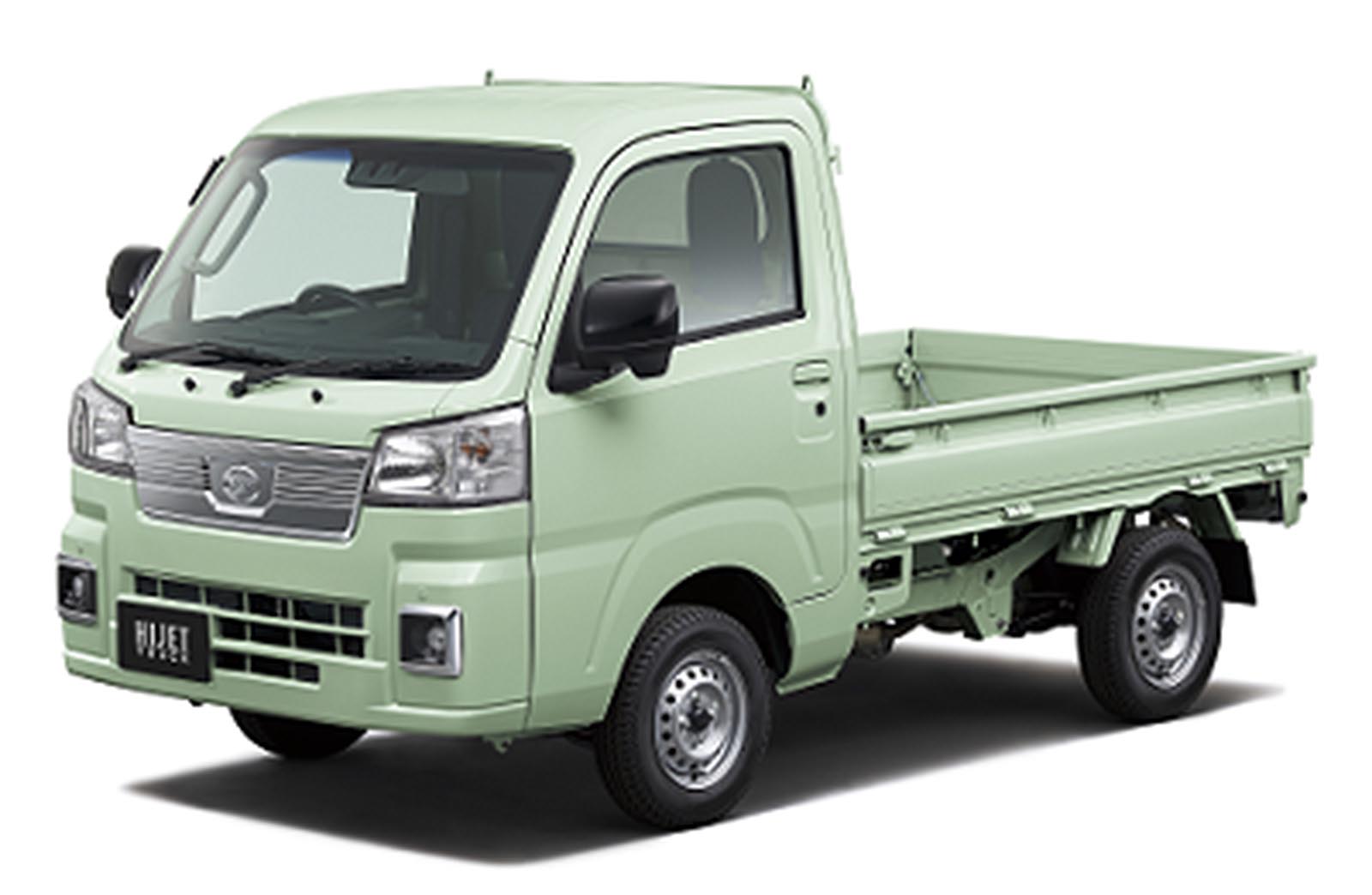
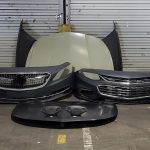

0 Comments